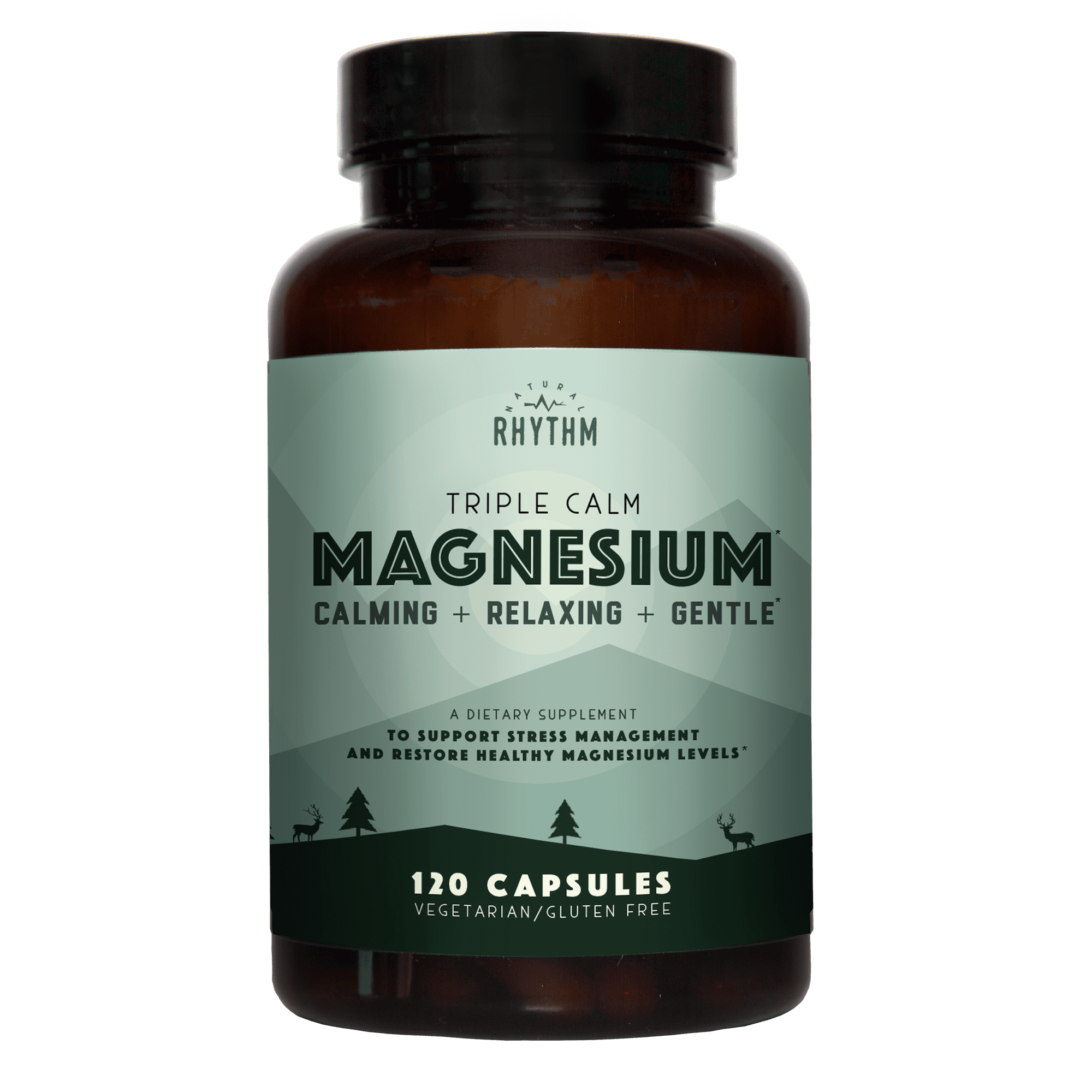

Supplemental magnesium can regulate your bowel movements by acting as an osmotic laxative, drawing water into the intestines and making movements easier to pass. Magnesium may help to improve the following: Constipation

The health benefits of magnesium supplementation can be broad, though in some cases there isn’t enough research to say definitively that increasing your intake is a reliable treatment. People with certain health conditions, like Crohn’s disease, celiac disease, and Type 2 diabetes are at higher risk of becoming deficient in magnesium, as are people on certain medications (like chemotherapy drugs, some antibiotics, diuretics, and proton pump inhibitors). Most healthy people can handle a short-term deficiency, but in the long-term you may notice symptoms such as: “It’s estimated that about 80% of people are deficient in magnesium,” says naturopathic physician Jaquel Patterson, ND, medical director of Fairfield Family Health in Connecticut.Ī 2017 Scientifica study confirms this is a reasonable estimate, revealing that about two-thirds of the Western population is likely deficient in magnesium (a condition called hypomagnesemia). Still, you may not be getting as much of this nutrient as you think.
#WHAT IS THE BEST FORM OF MAGNESIUM FOR ANXIETY FULL#
You can find a full list of magnesium-rich food sources from the NIH’s Office of Dietary Supplements here. Most adults need between 300 and 400 milligrams (mg) of magnesium per day, much of which comes from what you eat-foods like cooked beans, cashews and almonds, avocados, bananas, green leafy vegetables, dark chocolate, whole grains, and brown rice have a high magnesium content, as are many fortified foods. Magnesium is an essential mineral that the human body needs to regulate everything from your muscle and nervous system to your energy production, blood sugar, and blood pressure, according to the National Institutes of Health (NIH). To make it easier for you to head to your local pharmacy, health food store, or vitamin shop and buy the best kind of magnesium supplement for you, we’ve asked experts to lay out all your options-and make some recommendations for how, when, and why to take magnesium. If your only experience with over-the-counter magnesium comes from the occasional glug of milk of magnesia to relieve your digestive distress, guess what? There is a whole wide world of magnesium supplements out there! This wonder nutrient is available in several formulations, with each variety aiming to treat different symptoms.


 0 kommentar(er)
0 kommentar(er)
